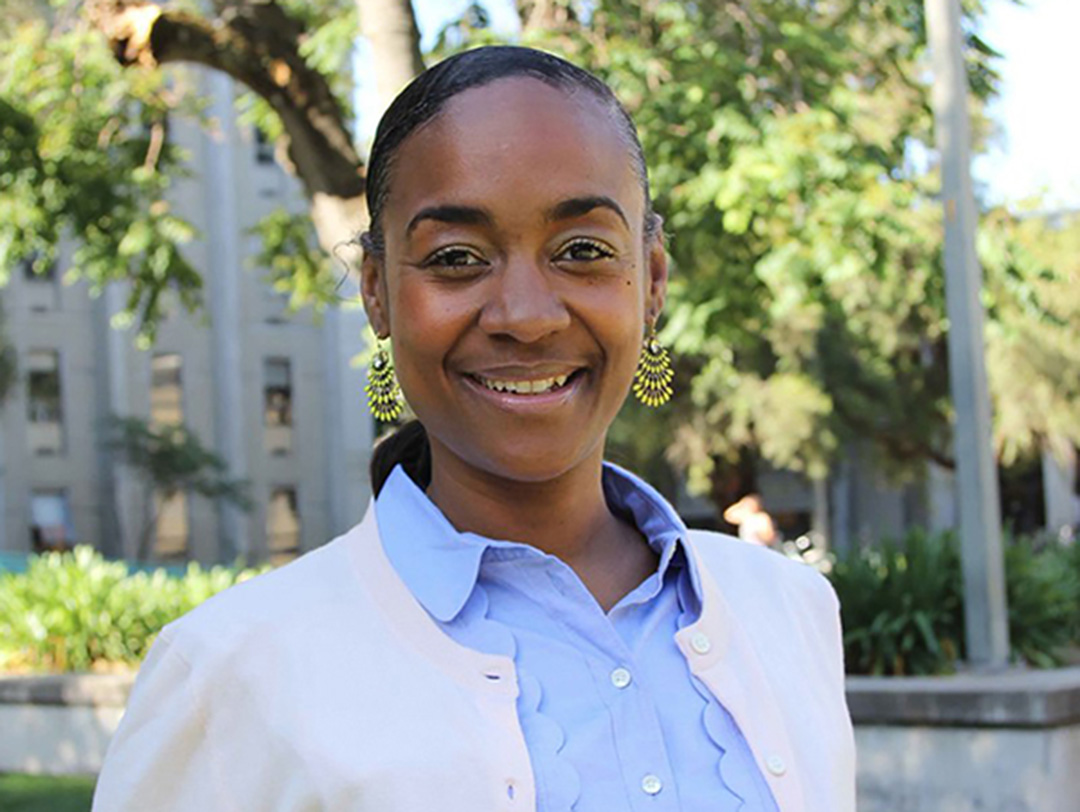Dr. Maisha Winn to talk on Black Arts Movement
Dr. Maisha Winn will speak at the Georgia Museum of Art on Thursday, February 28, at 5:30 p.m. Winn is the Chancellor’s Leadership Professor in the school of education at the University of California, Davis, and the cofounder and codirector of the Transformative Justice in Education Center. In her talk, “‘I don't want us to forget the fire’: Literacy, Activism and Black Literate Lives Overview,” Winn examines the role of the Black Arts Movement in building a literacy continuum for readers, writers, speakers and activists. This program is made possible by the Aralee Strange Fund for Art and Poetry and cosponsored by the UGA College of Education and the Willson Center for Humanities and Arts.
“The artist’s role is to raise the consciousness of the people. To make them understand life, the world and themselves more completely,” wrote Amir Baraka in the 1960s. Baraka was the premier poet and playwright of the Black Arts Movement. Other artists who contributed to the Black Arts Movement include Romare Bearden, Addison Gayle, Alice Walker and Toni Morrison. They created works in a variety of media. Bearden made visual art (some of which is included in the museum’s collection), while Gayle edited a literary magazine called the Black Aesthetic. Baraka’s thoughts on the role of the artist emphasize the imperative nature of the artistic and literary works created during this time period. In many ways, the Black Arts Movement broke off from the traditional literary tone in previous works of art by African Americans. These differences include an intentional focus on black contributors, black audiences and political challenges. Often, this approach sparked fiery controversy but inoculated the creative arts community against apathy. Winn will speak on how artists and education practitioners may capture a similar zeal in finding solutions to today’s challenges.
Winn researches literate practices in underserved communities and diverse settings, including among incarcerated adolescent girls and low-income minority students. Solving the school-to-prison pipeline requires persistent interdisciplinary research. Winn’s work is primarily qualitative and classroom based. Similar to the countercultural ideas the Black Arts Movement promoted, Winn encourages students and teachers to negotiate a more just educational environment. Her most recent book, “Justice on Both Sides: Transforming Education Through Restorative Justice,” resulted from a year-long case-study on restorative justice techniques. These techniques foster mutual respect and trust between students. Winn’s research contributes to the wealthy of literary resources necessary to foster change for students in contemporary society.
The Aralee Strange Fund for Art and Poetry, created by Kathy Prescott and Grady Thrasher, honors the late poet, filmmaker and playwright who lived in Athens from 2007 to 2013. It funds activities that cultivate an appreciation for the arts in Athens youth, including the museum’s annual Camp DIVE Collaboration with the UGA College of Education.

